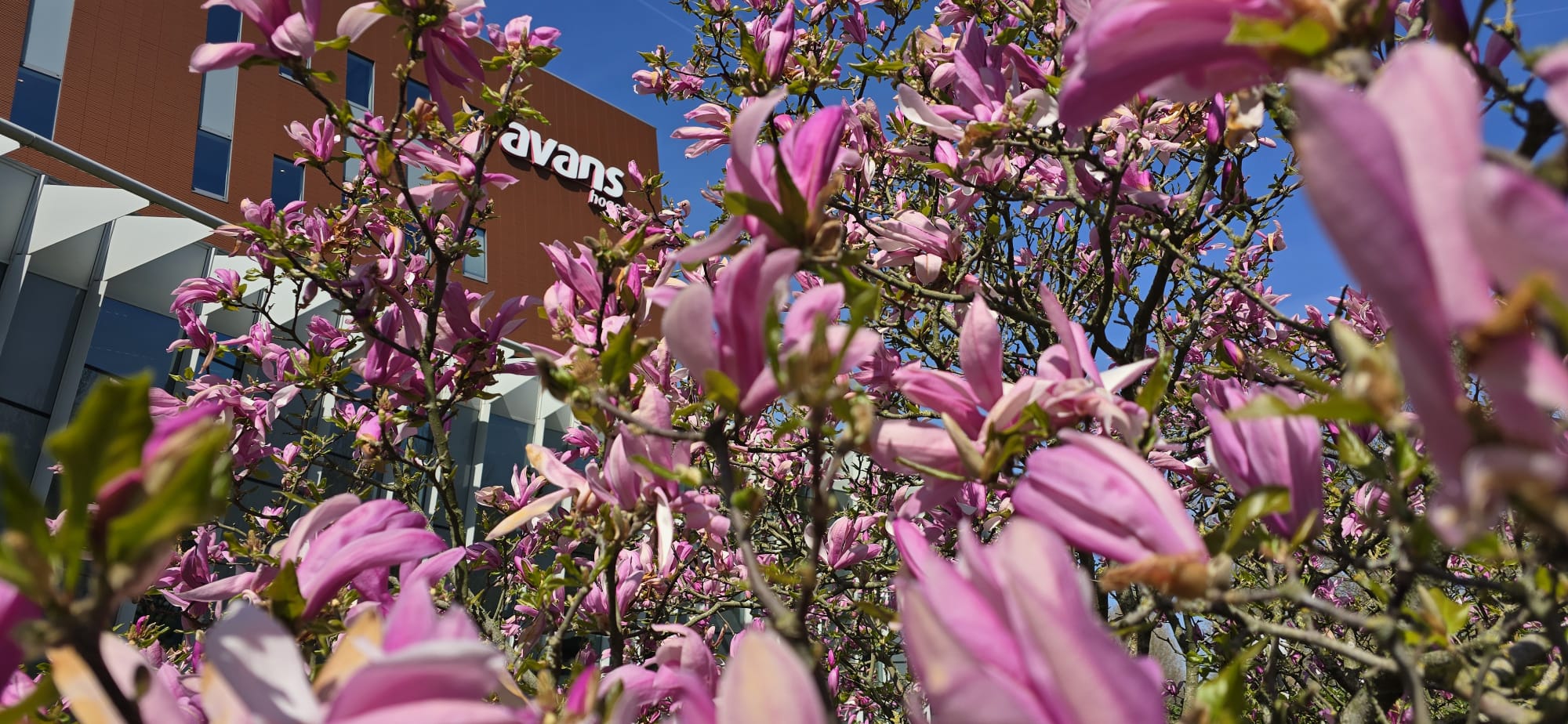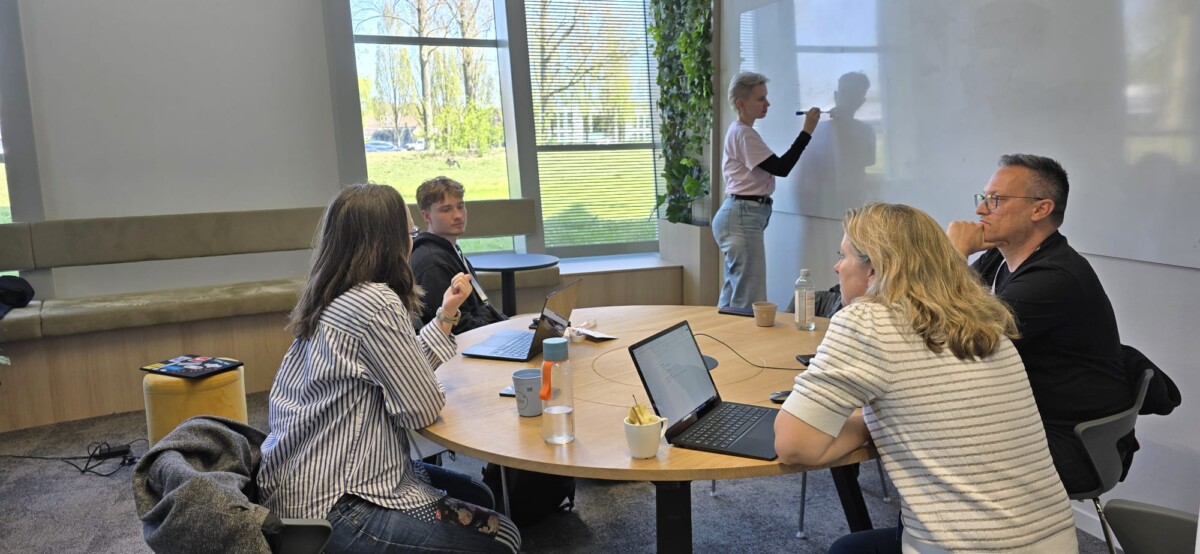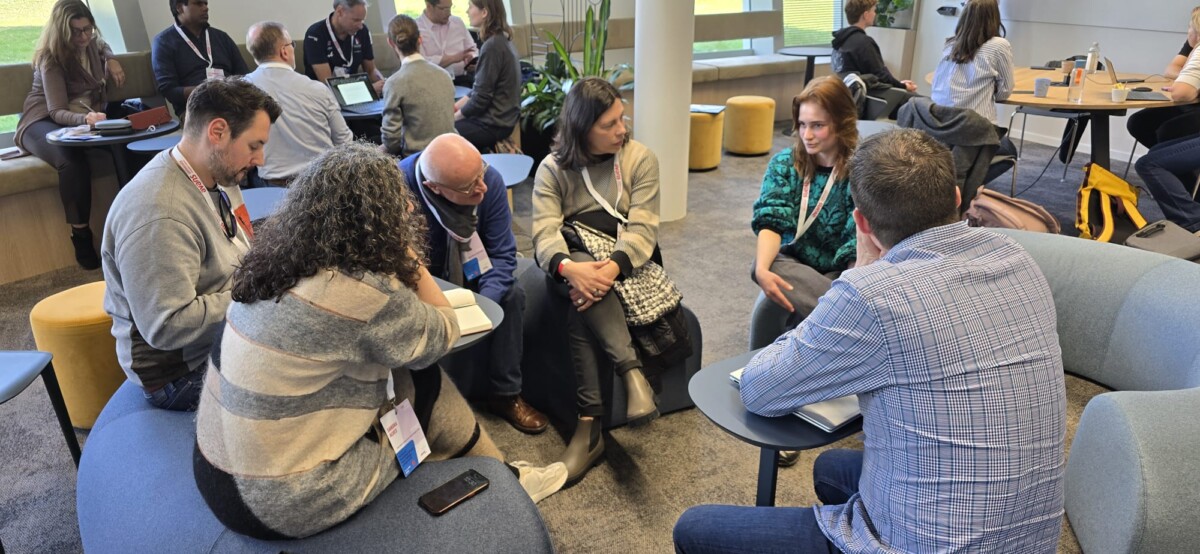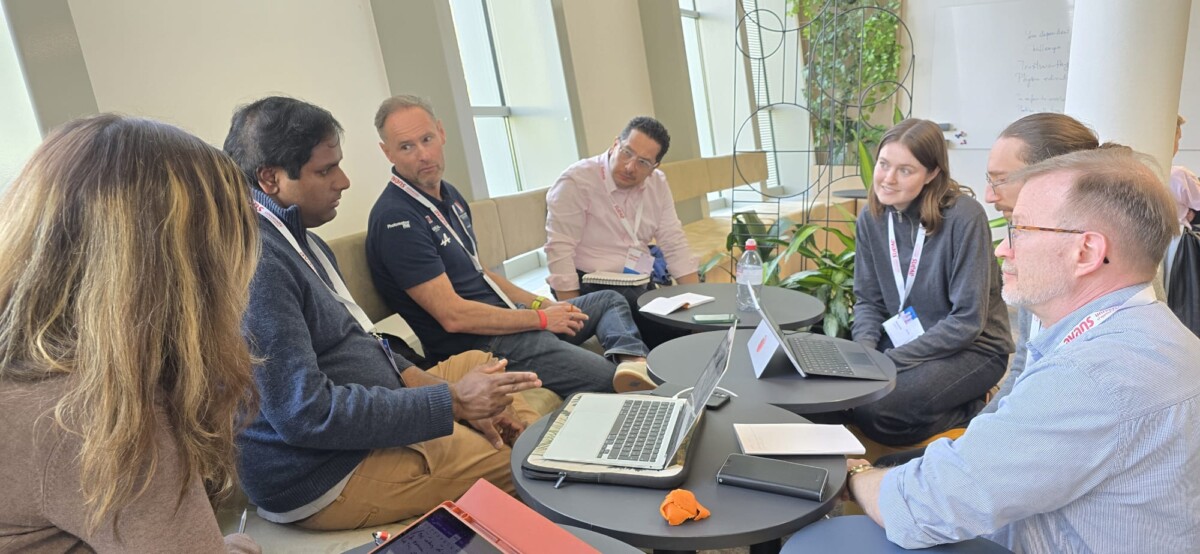
Savonia Article: The Future of Physiotherapy Education
This work is licensed under CC BY-SA 4.0
The ENPHE Seminar 2025 will was hosted and organized by the Department of Physiotherapy at Avans University of Applied Sciences (The Netherlands). This exciting event spans three days, offering a diverse and enriching program. The first day, Thursday, April 10th, 2025, was dedicated to the Student Program and the ENPHE Board Meetings. Also, then group facilitators met with the bord, and there were discussions together on the topics of the spring seminar and the future ideas of the working groups.
The ENPHE Spring Seminar was attended by 170 participants from 22 countries, both teachers and students. A key objective of the Spring Seminar was to develop collaborative sessions and discussions aimed at driving meaningful advancements in the field. On Friday and Saturday, April 11th and 12th, the focus shifts to the seminar itself, where ENPHE working groups collaborated to advance their stated goals. The overarching theme for this year’s seminar was “The Future of Physiotherapy Education: Trends, Challenges, and Opportunities”. This theme highlights the evolving landscape of physiotherapy education, exploring innovative practices, addressing critical challenges, and identifying pathways to harness emerging opportunities.
The spring seminar’s keynote speaker was prof. Dr. Peter Verkoeijen and his topic was Self-Regulated Learning in Higher Education: A New Way Forward?. This talk highlighted possible strategies for the regulation of self-learning in students, which may be useful for the participating students, and for faculty.
Research group
At the spring seminar both teachers and students were involved in the research group work. The aim of the group is to promote the teaching and learning of evidence-based physiotherapy at this moment. The research team promoted a survey specifically targeted at students. Working in small groups (Picture 1,2,3), different topics were proposed for discussion and the participants contributed their contributions and reflections. This was jointly brainstormed and worked on in small group discussions. The debate was very enriching. The work produced ideas for the construction of a student survey, such as the impact of the teacher and his/her teaching on student learning, possible barriers to students learning evidence-based physiotherapy, etc. The joint results were compiled for further use and will undoubtedly help in the design of tools to obtain information on evidence-based physical therapy from the students’ perspective.

Picture 1. Research team participants working during the seminar.

Picture 2. Research team participants working during the seminar.

Picture 3. Research team participants working during the seminar.
Summary
This seminar offered an excellent opportunity for networking, sharing ideas, and fostering collaboration among educators, students, and professionals in physiotherapy education.
Writers:
Marja Äijö PhD, principal lecturer of rehabilitation and gerontology, Savonia University of Applied Sciences (Finland).
Zeltia Naia, PhD, lecturer. Universidade da Coruña, Faculty of Physiotherapy (Spain).